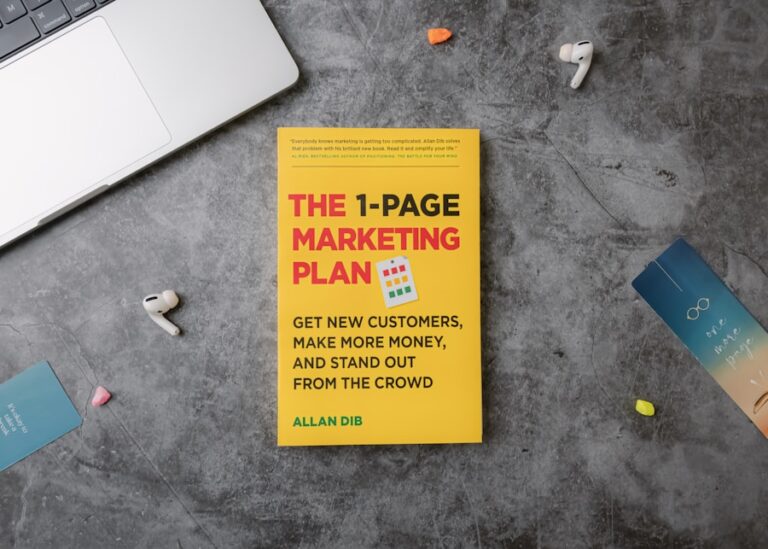The foundation of any successful nonfiction book lies in its manuscript. A compelling nonfiction manuscript is not merely a collection of facts and figures; it is a narrative that engages readers while providing valuable insights. To achieve this, authors must first identify their unique angle or thesis.
This involves thorough research and a deep understanding of the subject matter. For instance, if an author is writing about climate change, they should not only present scientific data but also weave in personal stories, case studies, and actionable solutions that resonate with readers. This approach transforms dry information into a compelling narrative that captivates and informs.
Moreover, the structure of the manuscript plays a crucial role in maintaining reader interest. A well-organized book with clear chapters, subheadings, and a logical flow allows readers to navigate the content easily. Incorporating elements such as anecdotes, expert quotes, and visual aids can enhance the reading experience.
For example, a book on personal finance might include real-life success stories alongside practical tips, making the content relatable and actionable. Ultimately, a compelling manuscript is one that not only educates but also inspires readers to take action.
Building Your Author Platform: The Key to Successful Book Marketing
Creating a Professional Website
Authors should start by creating a professional website that showcases their expertise, offers valuable content related to their book’s topic, and includes a blog where they can share insights and updates.
Engaging on Social Media
In addition to a website, authors should actively engage on social media platforms relevant to their target audience. This could involve sharing informative posts, participating in discussions, or hosting live Q&A sessions.
Cultivating a Loyal Community
For instance, an author writing about mental health might join relevant Facebook groups or Twitter chats to connect with individuals interested in the topic. By consistently providing value and engaging with followers, authors can cultivate a loyal community that will be eager to support their book upon its release.
Leveraging Social Media to Promote Your Nonfiction Book
Social media has revolutionized the way authors promote their books, offering a direct line of communication with potential readers. To leverage social media effectively, authors should identify which platforms their target audience frequents most. For example, LinkedIn may be ideal for business-related nonfiction, while Instagram could be more suitable for lifestyle or wellness topics.
Once the right platforms are chosen, authors can create tailored content that resonates with their audience, such as infographics, short videos, or engaging posts that highlight key concepts from their book. Additionally, authors can utilize social media advertising to reach a broader audience. Platforms like Facebook and Instagram offer targeted advertising options that allow authors to specify demographics such as age, interests, and location.
This targeted approach ensures that promotional content reaches individuals who are most likely to be interested in the book’s subject matter. By combining organic engagement with paid advertising, authors can maximize their visibility and drive interest in their nonfiction work.
Connecting with Your Target Audience: Effective Marketing Strategies
Understanding the target audience is paramount for effective marketing of a nonfiction book. Authors should conduct thorough research to identify who their ideal readers are, what challenges they face, and what solutions they seek. This information can guide marketing strategies and help tailor messaging that resonates with potential readers.
For instance, if an author is writing about nutrition for busy professionals, they might focus on quick meal prep tips and time-saving strategies that address the specific needs of this demographic. Once the target audience is identified, authors can employ various marketing strategies to connect with them. Hosting webinars or workshops related to the book’s topic can be an effective way to engage directly with potential readers while showcasing expertise.
Additionally, creating downloadable resources such as eBooks or checklists can provide value and encourage individuals to join an email list for further engagement. By fostering a sense of community and providing ongoing value, authors can build lasting relationships with their audience that extend beyond the book launch.
Collaborating with Influencers and Experts to Expand Your Book’s Reach
Collaborating with influencers and experts in the field can significantly enhance a nonfiction book’s visibility and credibility. Influencers often have established audiences that trust their recommendations, making them valuable allies in promoting a book. Authors should identify key figures within their niche who align with their book’s themes and reach out for potential collaborations.
This could involve guest blogging on each other’s platforms, participating in joint webinars, or even co-authoring content that highlights both parties’ expertise. Furthermore, endorsements from respected experts can lend credibility to a nonfiction book. Authors should seek out professionals in their field who can provide testimonials or forewords for the book.
For example, if an author writes about leadership strategies, having a well-known business leader endorse the book can significantly boost its appeal. These collaborations not only expand the book’s reach but also enhance its perceived value in the eyes of potential readers.
Utilizing Email Marketing and Online Advertising to Boost Book Sales
Email marketing remains one of the most effective tools for driving book sales in today’s digital landscape. Authors should build an email list by offering valuable content related to their book’s topic in exchange for subscribers’ contact information. Regular newsletters can keep subscribers informed about the book’s progress, share exclusive content, and provide updates on launch events or promotions.
By nurturing this relationship through consistent communication, authors can create a dedicated readership eager to support their work upon release. In addition to email marketing, online advertising can play a pivotal role in boosting book sales. Platforms like Amazon Ads or Google Ads allow authors to target specific keywords related to their book’s subject matter.
This targeted approach ensures that promotional content reaches individuals actively searching for information on those topics. By combining email marketing efforts with strategic online advertising campaigns, authors can create a comprehensive marketing strategy that maximizes visibility and drives sales.
Navigating Book Launches and Publicity Campaigns: Proven Marketing Tactics for Nonfiction Authors
A successful book launch is critical for generating initial buzz and driving sales for a nonfiction title. Authors should plan their launch well in advance, incorporating various marketing tactics to create excitement around the release date. This could include hosting virtual launch events where readers can interact with the author, participate in discussions about the book’s themes, and even win prizes related to the content.
Publicity campaigns are another essential component of a successful launch strategy. Authors should consider reaching out to relevant media outlets, podcasts, and blogs for interviews or features about their book. Crafting a compelling press release that highlights the book’s unique angle and its relevance to current trends can capture the attention of journalists and bloggers alike.
By strategically navigating both launches and publicity efforts, nonfiction authors can maximize their book’s exposure and set the stage for long-term success in the marketplace.





